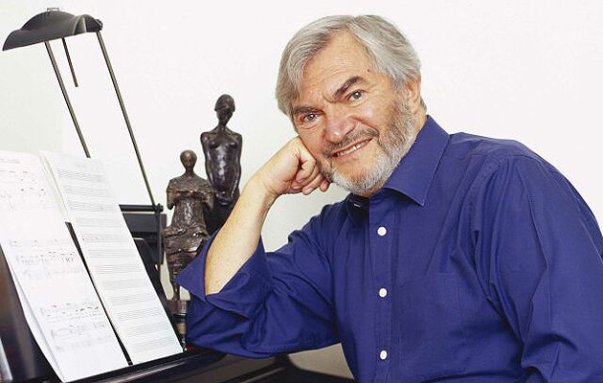by Victor Field
There are very few screen productions to have had entire books written about their music; Peter Jackson’s The Lord Of The Rings,Tim Burton’s Batman, Star Trek (but not Star Wars or Doctor Who, ha ha). The Music Of James Bond sees the world’s most famous spy added to that short list.
The appropriately initialled Jon Burlingame (no stranger to writing about spy music following his liner notes for FSM’s excellent The Man From U.N.C.L.E. albums) covers Commander Bond’s musical history from the late ‘50s US TV version of Casino Royale* to almost the present day – press deadlines mean Thomas Newman and Adull (er, Adele) don’t get a look-in with Skyfall – with a minimum of musicological textwork and a maximum of revealing information. Just as Burlingame’s TV’s Greatest Hits is an essential for anyone interested in small screen music, this is a must for those who have every Bond soundtrack from LP to download.

Tracking the evolution of the JB sound from its humble beginnings as part of an unproduced musical version of A House For Mr. Biswas – and establishing in the process that some things never change (Monty Norman wanted to have some of his more dramatic cues on the Dr. No soundtrack, but the powers that be emphasised the Jamaican music for commercial purposes) – the book features contributions from all the composers, lyricists and performers involved (even those no longer with us – John Barry, Marvin Hamlisch and Michael Kamen, RIP) and gives both scores and songs equal weight, with a set of fascinating parallel musical universes set up; one where David Arnold and Don Black got to do the song for “Die Another Day,” or one where Laura Branigan did “All Time High” instead of Rita Coolidge, or one where Casino Royale was done by Henry Mancini instead of Burt Bacharach – or, most unusually, one where “Moonraker” had different lyrics and was sung by Frank Sinatra. Now THAT would have been putting up with the film to hear.
The tome also covers all the behind-the-scenes arguments (Harry Saltzman does not come off well here at all, from hating “Goldfinger” to bringing that modern-day curse of film music, the music supervisor, onto You Only Live Twice) and legal mazes – the “Who really wrote the James Bond theme?” argument is well known, but Thunderball had its difficulties as well which led to Shirley Bassey not returning to the Danjaq fold until Diamonds Are Forever – and answers pretty much all possible musical questions related to the movies, from why Sheena Easton appears in the opening of For Your Eyes Only (answer: because the similarly height-challenged Maurice Binder fancied her) to why the intro to the unused “Mr. Kiss Kiss Bang Bang” goes on for four years (so when the credits start the title could sync with its mention in the song). It even sort of explains why Michel Legrand’s score for Never Say Never Again is so tedious – he was exhausted after working on Yentl. Let’s face it, who wouldn’t be drained from working for Barbra Streisand?
Best of all from a listening point of view, each chapter comes with a guide to the music in the film and its corresponding place on the most complete version of its soundtrack album available (many of the Bond OSTs were given expanded releases in 2003, though anyone wanting more of ones like Moonraker, The Man With The Golden Gun, Octopussy or A View To A Kill is still waiting); it’s particularly helpful for Licence To Kill, where in the best Maurice Jarre tradition all but one of the tracks are suites. It doesn’t cover Quartet’s recent release of Bacharach’s complete Casino Royale (although it is included in the discography), but it’s not Burlingame’s fault publishers have deadlines.

Interestingly, the author himself has a couple of ties to Bond music; in the introduction he reveals that his wife gave the go-ahead for Guinness to use “We Have All The Time In The World” in 1994. Another one, not mentioned in the book, is that he’s the one who interviews David Arnold on the expanded Tomorrow Never Dies album (the one which has more score cuts and leaves off Sheryl Crow, k.d. lang and Moby… and Arnold’s “Backseat Driver” and “Station Break,” although if those last two had been included the interview would still have fit). That’s ethics for you.
All told, it’s considerably better than several of the Bond tunes themselves. And movies.
*Which was, let’s not forget, the first screen portrayal of Bond and the only time to date he’s been played by an American in a serious version (and he was probably still better than Pierce Brosnan). The music in that one was tracked, by the way.

I love the song Moonraker very very much. And I like Shirley, but I’d love a Frank Sinatra version – it goes better with his voice, the very long notes build to a climax in a smooth Sinatra way, Bassey likes to mix them up with staccato.
(Henry Mancini’s Informant score is not a gazillion miles from Bacharach’s Casino Royale one.)
Don’t you mean Marvin Hamlisch’s?